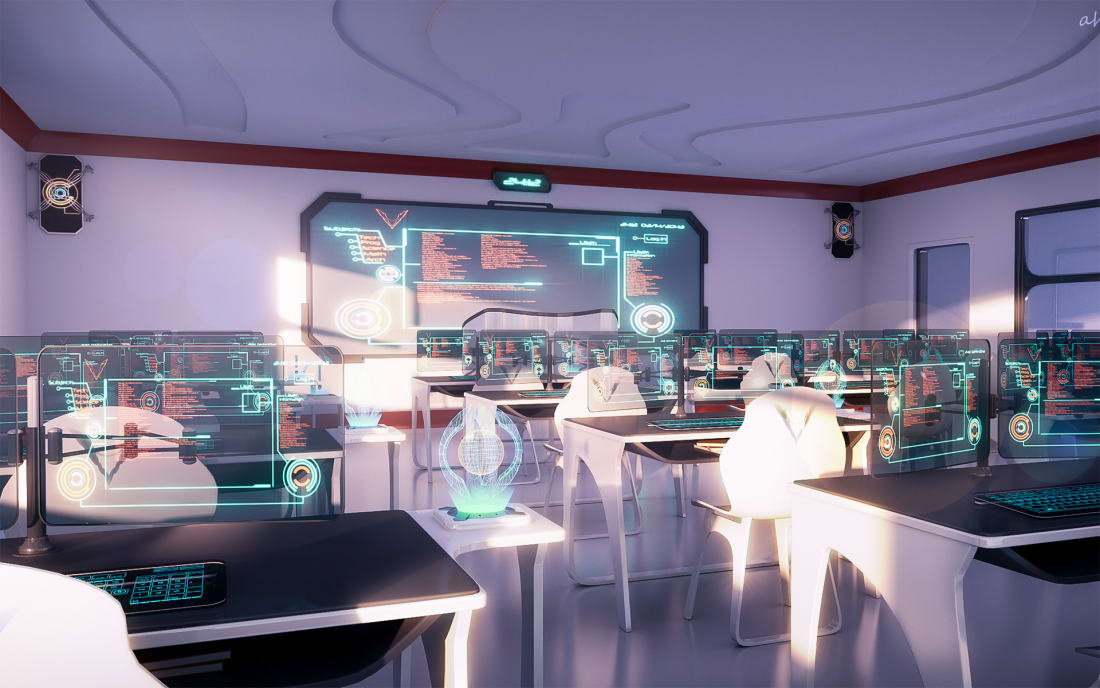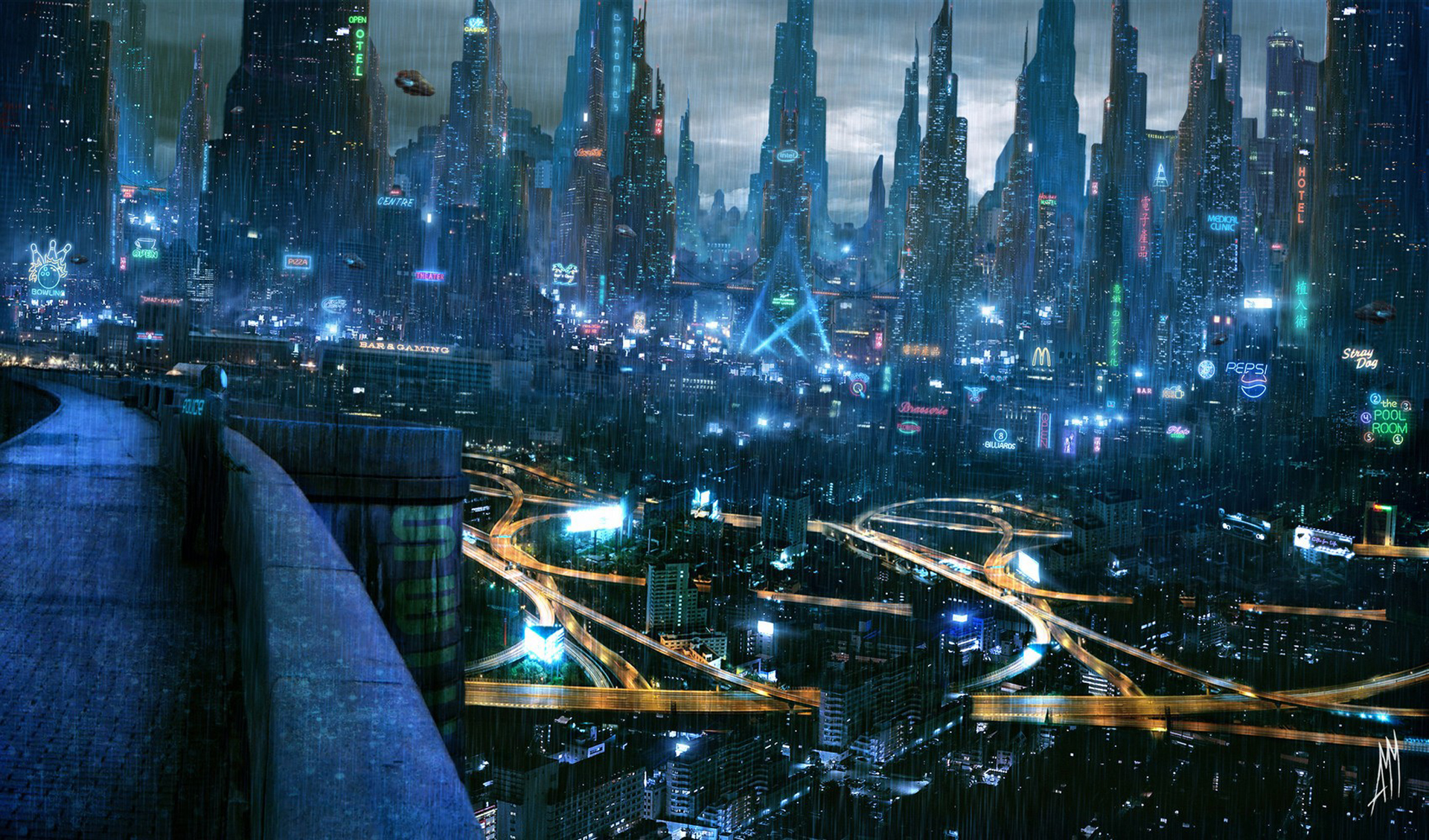“
Don't try to frighten us with your sorcerer's ways, Lord Vader. Your sad devotion to that ancient religion has not helped you conjure up the stolen data tapes, or given you clairvoyance enough to find the rebels' hidden fort...”
-General Motti, A New Hope
The first philosophy I want to discuss has
nothing to do with psionic powers and is, in fact, the closest thing to an
actual philosophy that I am likely to discuss.
Psi-Wars, like Star Wars before it and many of the genre-mashing space opera stories that were especially popular during the era in which Star Wars was conceived, suffer from the problem of embracing both the “wonder of advanced science” themes of sci-fi as well as the “mysticism of the ancient past” themes of fantasy. On the one hand, we
need science, as we’re writing
science-fiction, and how else do we justify the amazing technology of the setting (force screens, hyperdrives, man-portable weaponized particle accelerators powered by impossibly efficient batteries)? On the other hand, if we embrace science in its totality, we leave little room for the spirituality inherent in the mysticism of Star Wars. How can we get both together in the same place?
To make both work, we need to both embrace and reject science. We must explain why the Galaxy of Psi-Wars has been stuck in the same tech level for the
literally millennia necessary to give us the huge sweep of history that we want in the setting. We can solve this problem in a variety of ways, but Neo-Rationalism is
one of my answers. Scientific progress is not manifest destiny; its paradigm, the culture of skepticism, analytical thinking and bold experimentation, can be lost and replaced with dogmatism and doctrine.
This has happened before in history. I would argue, in fact, that we’re constantly under attack by our own impulses to move away from the unintuitive strictures of the scientific method and towards the more intuitive impulses of mysticism and worship of authority.
Neo-Rationalism is, at first glance, a scientific strawman. It represents a preening, condescending and obviously wrong take on science by emphasizing all the worst traits of scientism, the sort of “smug, ivory tower scientist who doesn’t really understand the world” that we see so often in science fiction. The Neo-Rationalist is the irrationally skeptic who refuses to believe the truth of things like True Communion. This makes him a natural enemy for the heroes of the Psi-Wars universe, someone they can defy and defeat, and thus is strongly represented in the “evil” Empire.
But everyone who reads this work does so on a computer and lives in a civilized world shaped by science. Does science really need to be villified? In this sense, Neo-Rationalism represents a tragedy. It shows a galaxy that was
once on the path to scientific enlightenment, but lost its way. Science lost its discipline, and thus its power, and in its absence, mysticism has sprung up.
Neo-Rationalism also represents an opportunity to get the galaxy back on the right track. It holds
genuine keys to self-improvement! And unlike the other philosophies here, one needn't be psionic to access it. It also has access to (experimental, dangerous) TL 12^ prototypes and is perhaps the best place to find the last embers of the fire that once fueled technological progress. With the right spark, and by cleaning away the gunk that has grown up around it, perhaps the flames of progress could be lit once more.
This creates the core tension of Neo-Rationalism, one paralleled in the Psi-Wars setting, between mysticism and skepticism. The Neo-Rationalist craves answers to difficult questions that science cannot answer, but wants to hold onto the truths of science. It must carefully navigate what science can offer and what it cannot, and at this point in the setting, the movement has failed to do that,
but the PCs might succeed where others have failed!
Neo-Rationalism also offers players the chance to play an intellectual who isn’t a space wizard. It rewards deep investment in intellectual skills and offers nigh-super-human, but entirely plausible, displays of genius. It befits characters like Thrawn, Moff Tarkin, especially cunning investigators and deeply thoughtful scavengers. It explicitly allows the sci-fi fan to bring the science back into the space fantasy of Psi-Wars, without disrupting that space fantasy.



